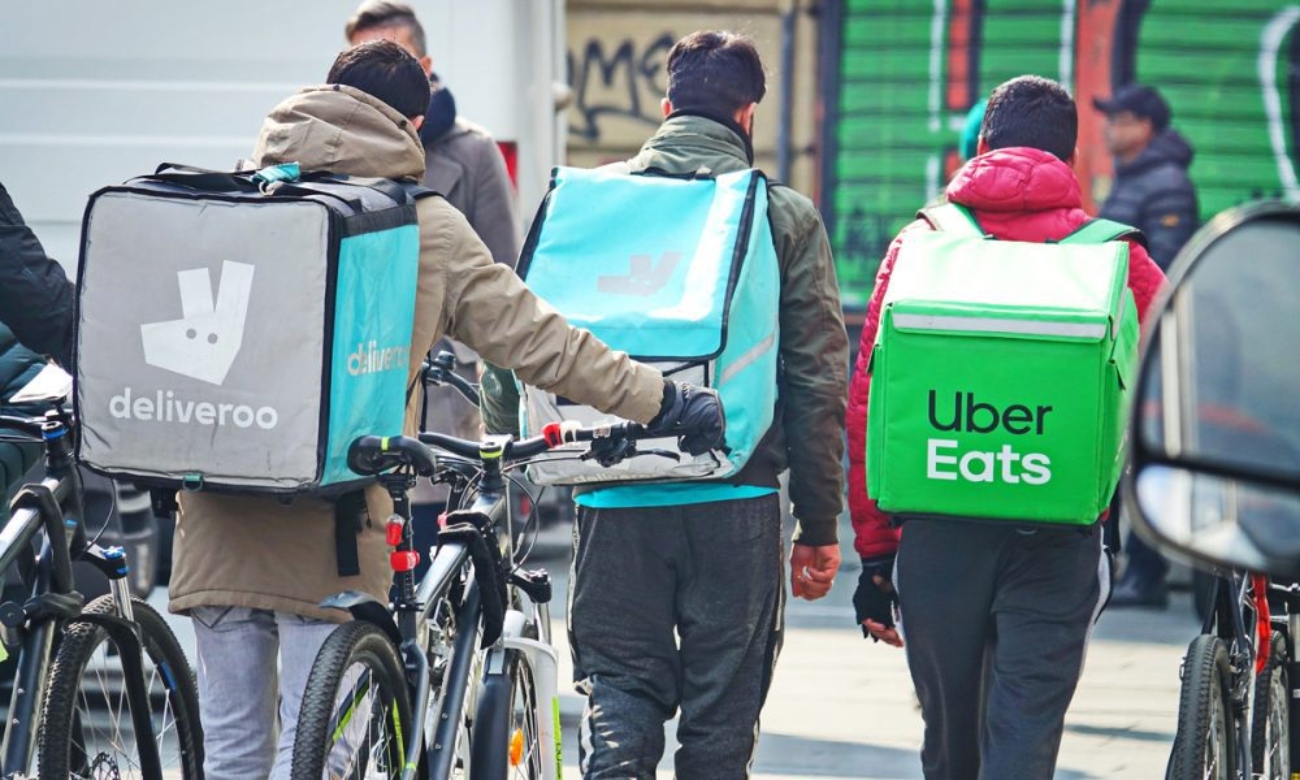Delivery drivers for Uber Eats, GrubHub, and others are raising their hands in response to the uptick in homicides and violent attacks.
Incidents Stack Up For Gig Drivers
Amid the millions of rides and deliveries made each week by ride-hailing and food delivery companies, violent episodes remain rare, though recent attacks have heightened safety concerns among some app-based drivers.
The incidents in Florida last month included a homeowner firing shots at a couple’s car when they mistakenly turned onto his property while making an Instacart delivery, a man being charged with killing and dismembering an Uber Eats delivery driver who brought food to his home, and a woman being kidnapped and sexually assaulted while making a DoorDash delivery to a hotel.
Ride-hailing and food delivery companies have taken numerous safety measures over the years, but some drivers feel the policies still prioritize customers over workers.
Research Says Drivers Feel More Unsafe Than Ever Before
A 2021 Pew Research Center poll found that 35% of online gig platform workers in the U.S. felt unsafe while doing their jobs, including 19% who experienced unwanted sexual advances.
According to Gig Workers Rising, a workers’ rights activist group, on-the-job deaths and injuries among gig workers are underreported, as companies are not obligated to report such incidents for non-employees.
The group’s own research found that 80 app-based workers were victims of homicides on the job between 2017 and 2022, with the majority being ride-hailing drivers and at least 20 delivery workers being killed.
In addition to violent incidents, gig drivers frequently face threats such as traffic accidents, robberies, carjackings, and harassment.
The major food delivery apps do not release safety reports that include such data, and Uber does not do so for Uber Eats trips.
Some drivers also complain that they cannot be sure who is getting into their cars because riders can use fake names or order rides for other people.
Gig Companies Address The Driver’s Issues
The companies have taken steps to address safety concerns, including adding emergency buttons to their apps and offering insurance policies for accidents.
However, critics argue that gig workers are still more vulnerable because they lack benefits such as worker compensation or health insurance. DoorDash, Grubhub, Instacart, Uber, and Lyft have added safety features to their apps, such as GPS-sharing features that allow friends or family to track rides and new technology to automatically check in on a worker if a delivery is taking longer than expected.
Gig worker advocates are calling for deeper changes, including addressing erratic pay and the fear of being deactivated from the platform.
Some drivers feel that the companies prioritize the customers’ safety over their own, and they want more information about who they are picking up.
In response, Uber has begun auditing rider accounts and freezing those with fake names, and the company has an extra layer of verification for users who use anonymous forms of payment.
Get the news you need at It’s On News.


